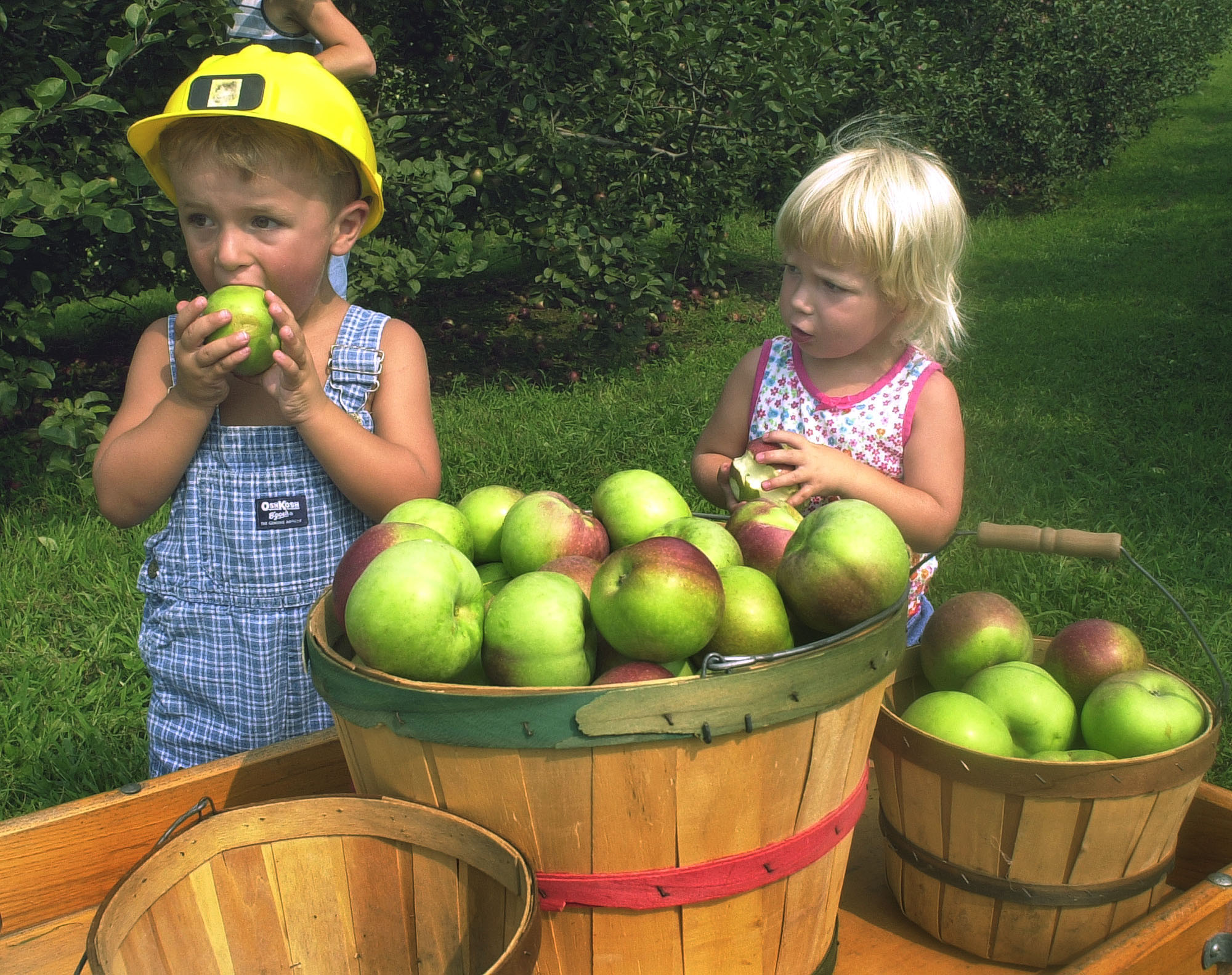ASHEBORO — Apples are by far America’s favorite fruit. Apples contain modest amounts of nearly all the most important nutrients. Because of their universal flavor appeal, versatility and convenience for use, nutritionists and dietitians rate them high on any list for eating right and staying fit. They are good for your teeth, stomach, skin and complexion, nerves, and overall good health.
North Carolina typically ranks seventh in apple production in the United States. The state has over 300 commercial apple operations comprised of 10,000 bearing acres of apple orchards. Eight million bushels of apples can be produced in a given year. Forty percent of the state’s crop is marketed as fresh apples through packing/shipping operations and direct marketing outlets while the remaining 60% is utilized in the processing industry, mainly as apple sauce and juice.
When selecting apples for purchasing, be sure to select firm apples with unbroken, well-colored skins and no bruises. Brown streaks on the skins (called scald) do not affect quality of the apples. Apples will keep in a cool, dry place for up to 1 week. For longer storage, refrigerate in a plastic bag for 4 to 6 weeks. Be sure to select types of apples based on how they will be used: raw (for eating out of hand and adding to salads); cooked (for applesauce, pies and other desserts); or baked whole. All-purpose apples can be used for both eating raw and cooking. Varieties include: Braeburn, Cortland, Fuji, Gala, Golden Delicious, Granny Smith, Jonathan and McIntosh. Red Delicious apples are strictly for eating raw and Rome Beauty apples are best for baking whole.
When you are ready to use your apples, you will need to wash apples just before using. They may be eaten peeled or unpeeled. To core apples, quarter them lengthwise and use a paring knife to carefully remove the seeds and core. To prevent cut apples from turning brown by dipping them in a small amount of lemon or other citrus juice. If adding apples to a salad, the acid in the salad dressing also prevents them from browning. When you are baking whole apples, remove a 1/2-inch-wide horizontal strip of peel from around the center of each apple. This will prevent the skin from cracking by allowing the steam to escape during baking. If stuffing the baked apple, remove the core with an apple corer.
Apples can be eaten raw, straight from the field. But there are ways to integrate them in other dishes and to bring out their natural flavors. Apples are great sliced or diced on salads, mixed into coleslaw, dried into chips for use on a charcuterie board, and – of course – in apple pies. Apples also pair well with cheeses, including gorgonzola, goat cheese, and cheddar.
Jeannie M. Leonard is a Family and Consumer Sciences Extension Agent with the N.C. Cooperative Extension – Randolph County Center.




